Table of Contents

Genealogy Secrets: Unlocking Success Through Resilience with Genealogy Secrets
Genealogy can open the door to understanding not just who we are, but also how our families have navigated challenges and opportunities in their own journeys. This awareness can empower us as entrepreneurs to make informed decisions and embrace our unique paths.
Success today isn’t just about having the right strategy—it’s about knowing how to adapt, leverage your strengths, and build a mindset that fuels growth. Your background, experiences, and personal history, including the Genealogy Secrets you uncover, hold potent lessons that can directly impact your path to success.
Each strategy is not only a path to success but also a way to bring the wisdom of your ancestors into your personal and professional life. Sharing stories related to Genealogy Secrets can deepen client connections. Can inspire you to rewrite your personal narrative. By understanding Genealogy Secrets, you can recover quickly from setbacks.
In this post, I’ll explain actionable strategies for building resilience, sharpening focus, and creating lasting success while tapping into personal strengths you may not have realized you had.
Genealogy Secrets: 5 Modern Strategies for Achieving Success
Consider writing down these insights as part of your business plan.
Reflect on family traits that might inform your business style—are your collaborative like your grandmother or a risk-taker like your father?

1. Adopt a Resilient Mindset
Sharing your family’s entrepreneurial history can create deeper connections with clients and stakeholders.
As you work to rewrite your narrative, draw on stories of past generations who overcame obstacles.
Success isn’t about avoiding failure but about recovering quickly. The most accomplished entrepreneurs greatly tolerate setbacks because they see them as learning experiences.
✅ Strategy: Train yourself to reframe challenges as stepping stones. Instead of asking, “Why me?” ask, “What’s the lesson?”
Consider how their experiences can inform your approach to branding and marketing.
Authenticity in your personal brand can resonate deeply when tied to your heritage.
Setting Goals and Achieving Success: How I Published a Book on Amazon
Consider how Genealogy Secrets can shape your workshops or webinars.

Create a brand story that reflects your family values and entrepreneurial spirit.
Leverage the knowledge gained from your family history to position yourself uniquely in the marketplace.
2. Identify and Leverage Your Natural Strengths
Your personal history—whether through family skills, past experiences, or challenges—shapes your abilities. Recognizing what comes naturally can give you a competitive edge in business or life.
✅ Strategy: Take a skills audit. What have you naturally excelled at? What problems do people come to you to solve? Use this as a foundation for your career or business.
Your journey is a continuation of your family’s legacy; document it to inspire others.
Genealogy Secrets can transform your knowledge into unique income opportunities.
As entrepreneurs, when we embrace our past, we can inform our future decisions.
Take time to reflect on how your unique family history shapes your entrepreneurial journey.

3. Break Limiting Beliefs and Rewrite Your Narrative
Many people have subconscious beliefs about money, success, and self-worth that hold them back. If past generations struggled financially or with self-doubt, those patterns can continue unless you actively shift them.
✅ Strategy: Identify the limiting belief (e.g., “Success is only for certain people”), challenge it, and replace it with an empowering one (e.g., “I create my opportunities”).
Leverage your personal story to connect with customers on a deeper level.
Your knowledge is your greatest asset; find innovative ways to share it.

Consider creating workshops or webinars to share your insights and expertise.
4. Build a Personal Brand Rooted in Authenticity
In today’s digital world, success often comes from how well you connect with others. A strong, authentic brand—personal or business—helps build trust and attract opportunities.
✅ Strategy: Use your background and experiences to craft a unique story. Share your journey, struggles, and wins to make your brand relatable.
With each step, remember your heritage fuels your potential as an entrepreneur.

5. Turn Your Knowledge into Income
Your experiences, skills, and lessons learned can be monetized through coaching, content creation, online courses, or consulting. The knowledge economy is booming—people pay for insights and expertise.
✅ Strategy: Start by packaging what you know. Teach a skill, create a service, or launch an online product based on your expertise.
How My Journey Led to These Strategies
Through my own experiences—both personal and entrepreneurial—I realized success is about resilience, recognizing opportunities, and leveraging individual strengths. By understanding where I came from, I broke limiting patterns and built a business with purpose.
Success isn’t just about external tactics—it’s about knowing how to use your strengths, shift your mindset, and build a future that aligns with your goals.
Lessons From the Past: Overcoming Barriers Across Generations

Take Action: Success Starts Now
✅ Audit Your Strengths: What natural skills or insights do you have that others find valuable?
✅ Rewrite Limiting Beliefs: Identify negative thought patterns and replace them with empowering ones.
✅ Craft Your Brand Story: Define what makes you unique and share it with the world.
✅ Monetize Your Knowledge: Package your knowledge into a product, service, or online offering.
🔗 Explore More on Attract Success:
Finding Inspiration: What Fuels Successful Entrepreneurs
Turning Your Vision into Reality
No schema found.Want to make sure your content reaches the right audience?
Rank Math SEO can help optimize your content for visibility and impact.
With Purpose and Positivity,
Mollie


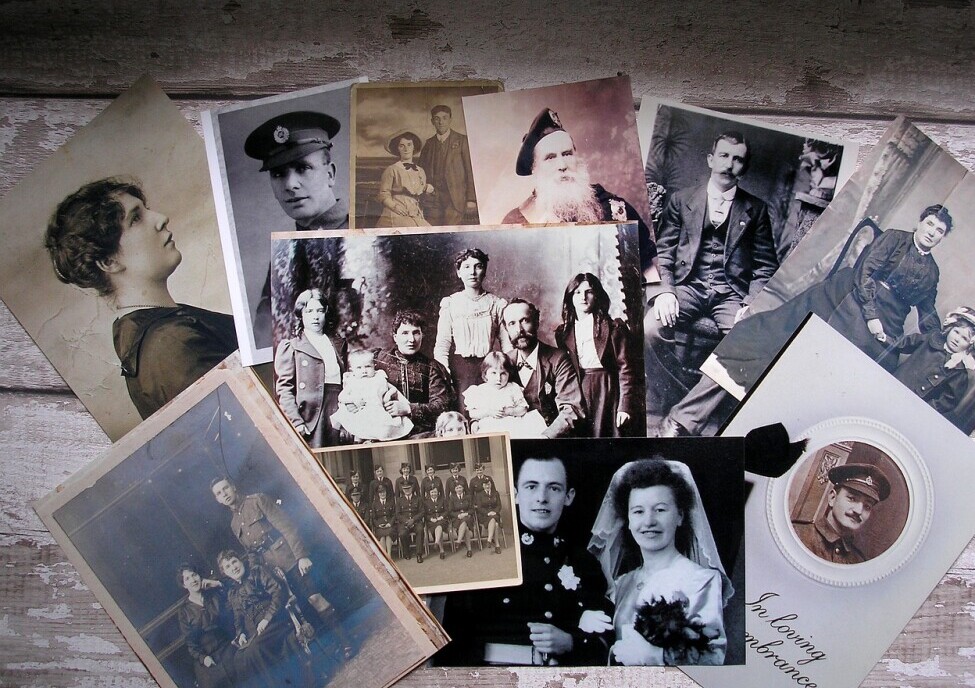

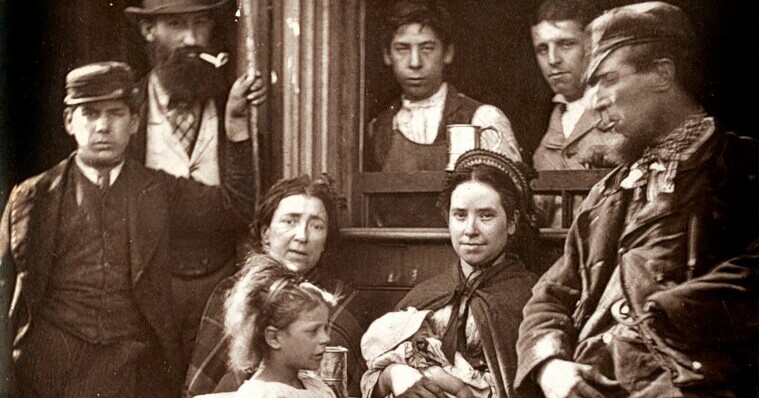
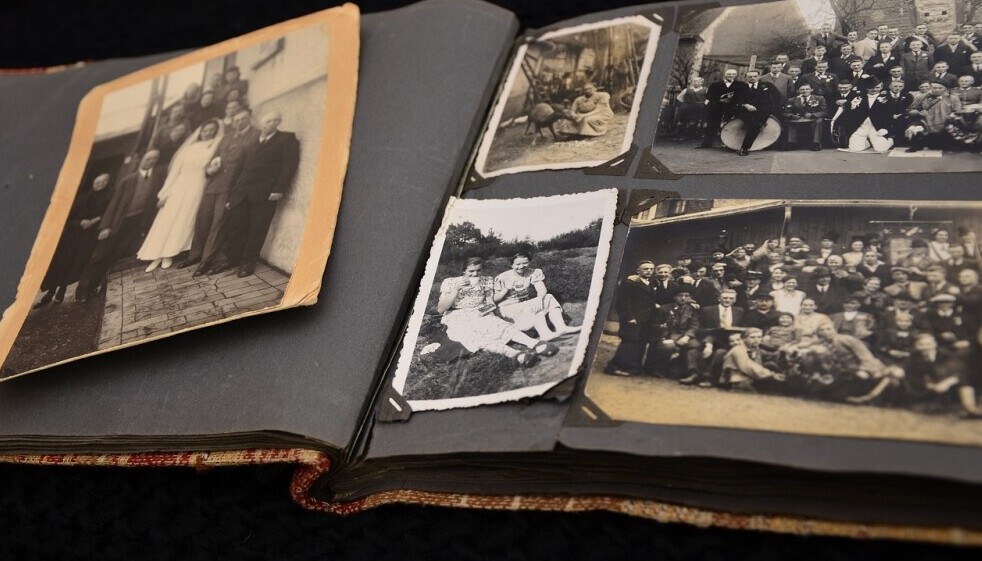
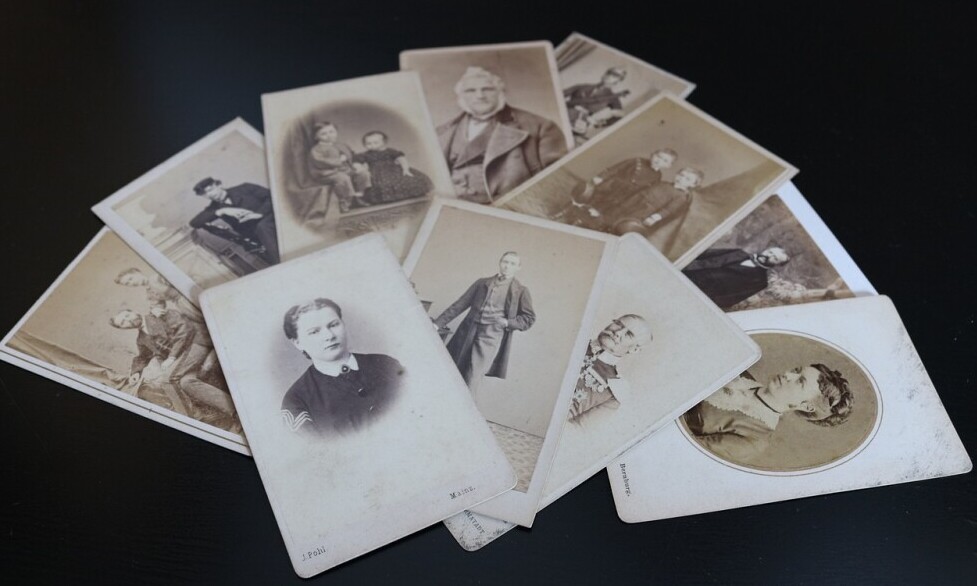





 Embracing Your Roots: The First Step to Unlocking Potential
Embracing Your Roots: The First Step to Unlocking Potential AI: Your Personal Heritage Detective
AI: Your Personal Heritage Detective Affiliate Marketing with a Twist
Affiliate Marketing with a Twist
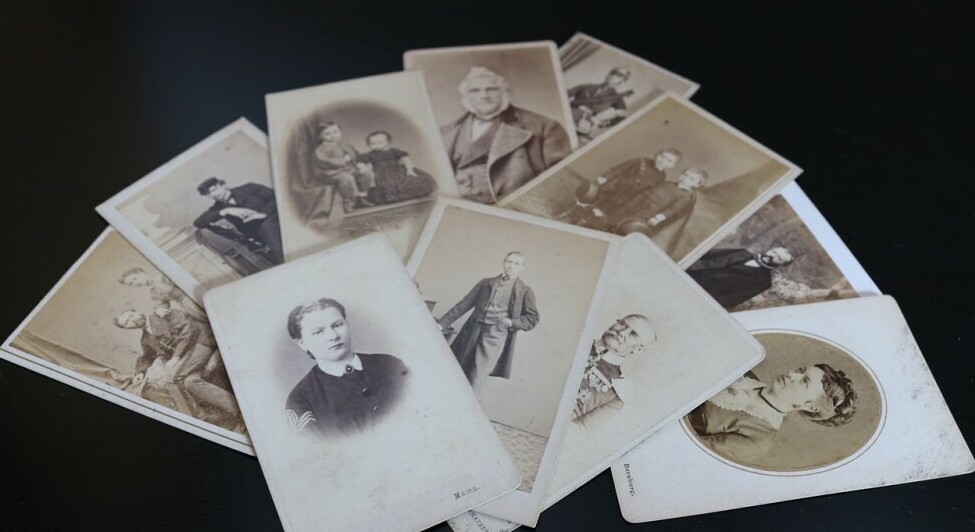


 Leveraging DNA Testing
Leveraging DNA Testing Tips for Effective Genealogical Research
Tips for Effective Genealogical Research